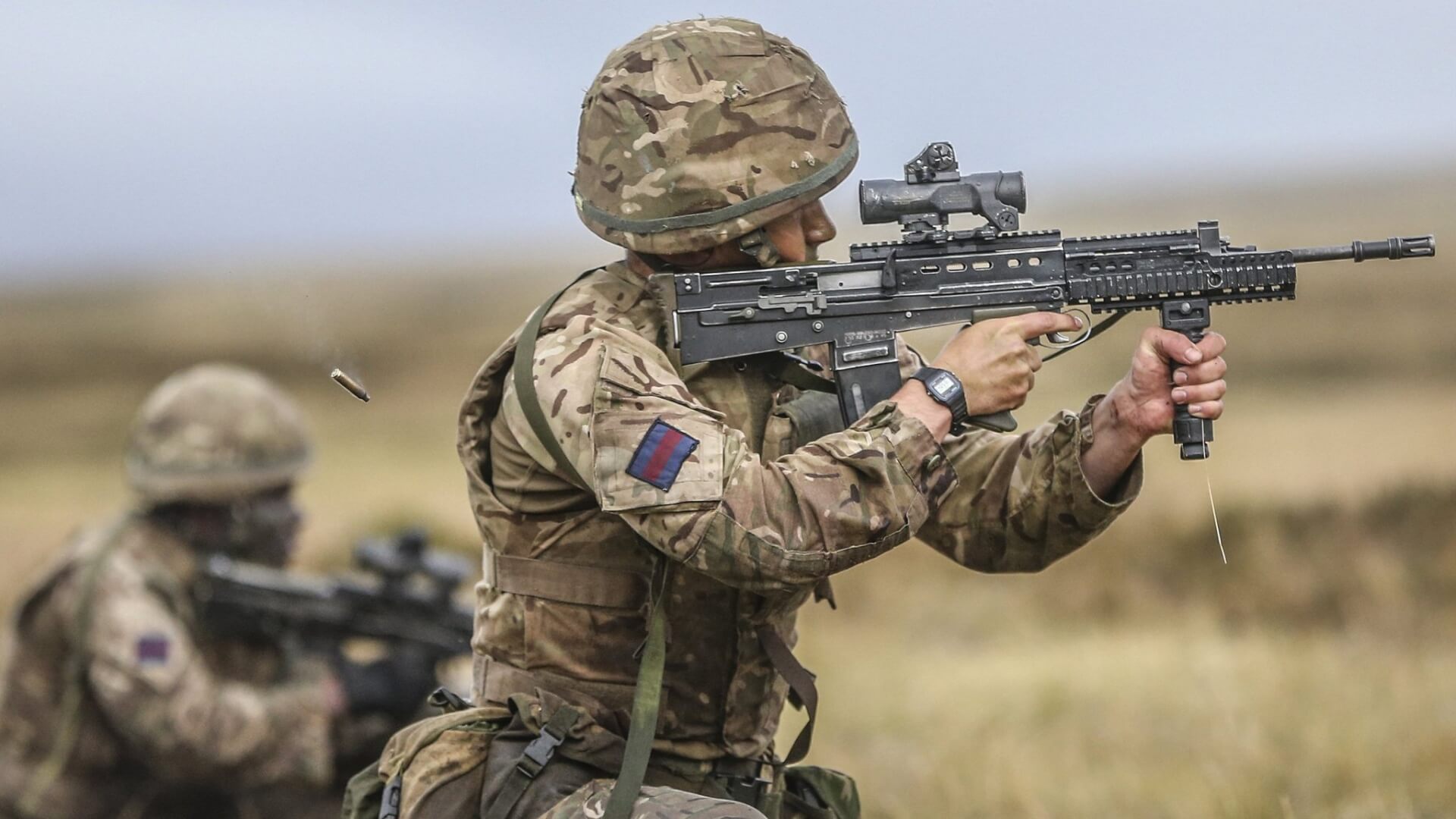On Thursday, the United Kingdom (UK) announced the “Future Soldier” programme, describing it as the most radical transformation campaign of its military in over two decades. This comes following an integrated review conducted earlier this year, which also resulted in a significant increase in defence spending.
The British Ministry of Defence said that the Future Soldier Programme intends to modernise the army to prepare it for the upcoming “next-generation threats across the globe.” It emphasised that the programme will not only result in critical investment in people, infrastructure, emerging technologies, and cyber capabilities, but it will also make the British Army a “globally engaged fighting force that benefits the whole of our Union.”
To achieve this, the Defence Ministry will allot £8.6 billion for army equipment over the next decade. These increased funds bring the total investment for this period to £41.3 billion. It also comes with restructuring and reorganising units in the coming four years. The release said that in 2025, the Regular Army will have 73,000 members along with 30,000 reservists. Foreign Secretary Ben Wallace thus declared that Future Soldier programme seeks to “transform the Army into a more agile, integrated, lethal, expeditionary force.”
According to the Future Soldier Guide, the Army will be modernised by setting transition teams and experimentation and trial groups that will work on ensuring the delivery of its outputs while also focussing on innovation and competitiveness. The Army will also undergo “Modernised Collective Training” to allow personnel to train globally and in “challenging, realistic, multi-domain and world-leading environments.”
The most significant consequence of the new programme is the establishment of the new Ranger Regiment, which aims to provide the Army with “a new expeditionary posture.” This will be done in collaboration with “partner forces” with the aim of countering extremism and hostile state threats.
According to British Defence Secretary Ben Wallace’s statement at the House of Commons, another key result of this announcement was the decision to ensure the British Army’s continued focus on NATO warfighting, for which the Army will establish a “fully modernised warfighting division by 2030.” The British Defence Ministry said, “New equipment such as Ajax, Boxer, Challenger 3, AH-64E Apache, long-range precision fires and un-crewed aerial systems will be introduced, while much of the fighting force will fall under new self-sufficient Brigade Combat Teams.”
Thursday’s announcement is in furtherance of the outline for the government’s 2030 vision for the country’s armed forces that was first revealed via the Defence Command Paper in March. Primarily, the 2030 vision intends to expand investment in the land, sea, air, space, and cyber domains to strengthen the preparedness of the armed forces to counter new and emerging threats.
This Defence Command Paper was published in pursuance of Britain’s integrated review of its foreign and defence policies. According to the 100-page report, the changes to Britain’s defence policy have been made largely in accordance with China’s increasing global dominance. Similarly, the report outlined Russia as the most “acute threat to our security” and asserted that Moscow continues to pose a “full spectrum of threats”.
British Army Unveils “Radical Transformation” Via ‘Future Soldier’ Programme
The British Ministry of Defence said that the Future Soldier Programme intends to modernise the army to prepare it for the upcoming “next-generation threats across the globe.”
November 26, 2021

IMAGE SOURCE: FINANCIAL TIMES
